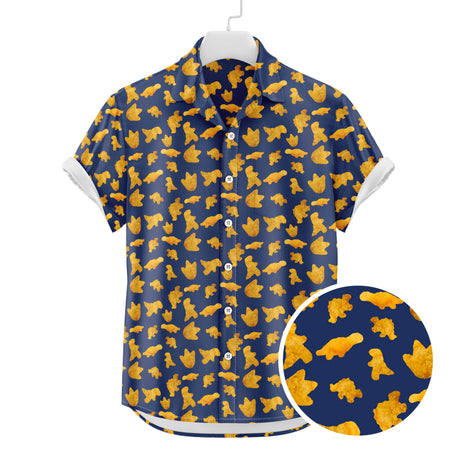Are Axolotls Landlubbers or Water Babies?
When it comes to aquatic creatures, axolotls are the epitome of cool. With their fringed gills, cute smiles, and ability to regenerate body parts, these Mexican salamanders have captured the hearts of many. But have you ever wondered if these amphibious wonders can venture onto dry land? Let's dive into the fascinating world of axolotls and find out!
Land or Water: The Axolotl Dilemma
Contrary to popular belief, axolotls are not natural-born landlubbers. In their natural habitat, these little critters spend their entire lives in the water. They are perfectly adapted to their aquatic lifestyle, with their feathery gills allowing them to extract oxygen from the water and their paddle-like tails propelling them through the depths.
However, axolotls are not completely helpless on land. In certain situations, they can make a temporary transition from water to land. For example, during the rainy season, when their habitats may flood, axolotls can wriggle their way onto land to seek refuge. They can survive for short periods out of water, but it's definitely not their preferred mode of existence.
Landlubber Adventures: Axolotls on Land
So, what happens when axolotls find themselves on dry land? Well, it's not exactly a walk in the park for these aquatic creatures. Without the support of water, their delicate bodies become vulnerable. Their skin can dry out, making them more susceptible to infections and other health issues.
But fear not! Axolotls have a few tricks up their slimy sleeves to cope with their landlubber adventures. They have the ability to regenerate lost body parts, including limbs and even parts of their spinal cord. This remarkable superpower allows them to heal any injuries they may sustain while exploring the unfamiliar terrain.
Land or Sea: Axolotls' True Calling
While axolotls can survive on land for short periods, it's important to remember that their true calling lies in the water. The unique characteristics that make them so fascinating, such as their regenerative abilities, are optimized for an aquatic lifestyle.
So, if you're considering getting an axolotl as a pet, make sure to provide them with a spacious and well-maintained aquatic habitat. They'll be much happier and healthier in the water, where they can show off their mesmerizing beauty and quirky personalities.
In conclusion, axolotls may have a few landlubber tricks up their sleeves, but their hearts belong to the water. Let's leave the land exploration to other creatures and allow these delightful amphibians to thrive in their aquatic wonderland!
















